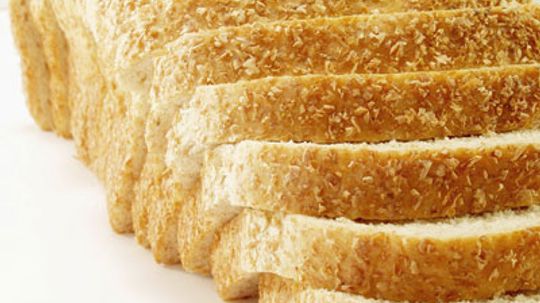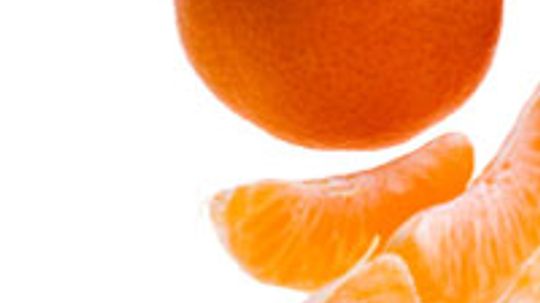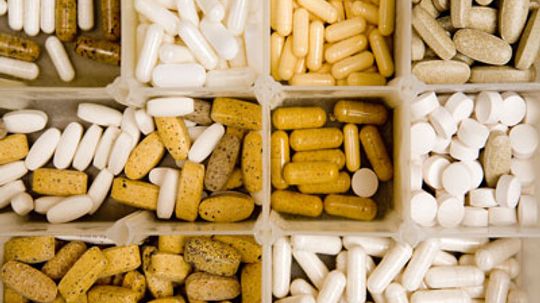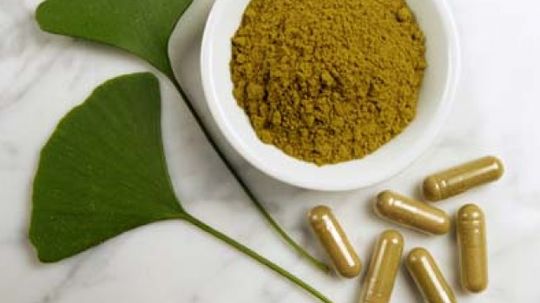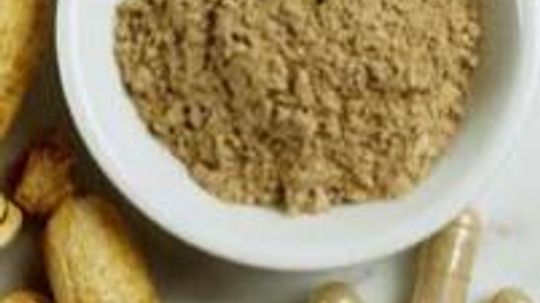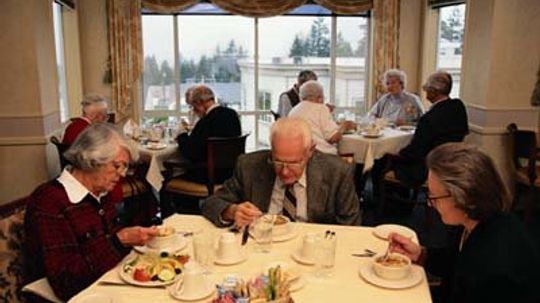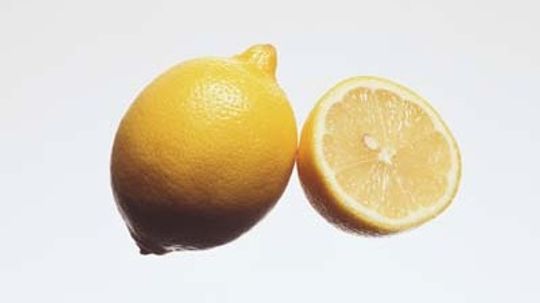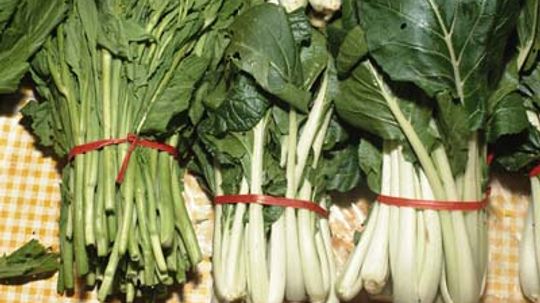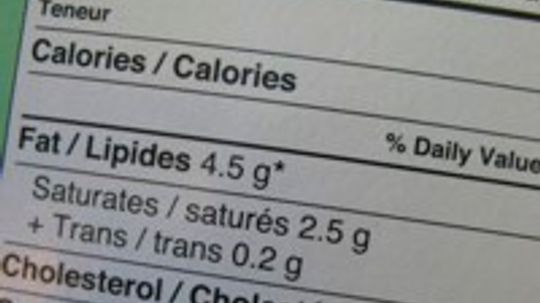Food and Nutrition
Food and nutrition affect both body and mind. Learn about all aspects of food and nutrition, from vitamins to aging to natural foods.
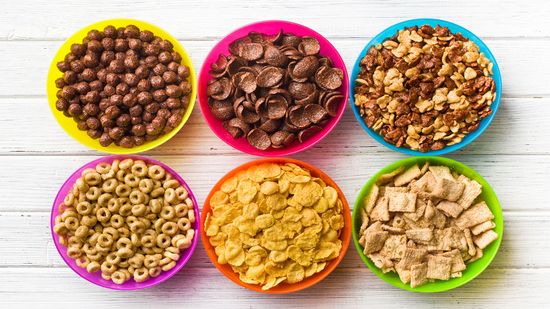
Ultra-processed Foods May Increase Inflammation, Chronic Disease Risk

Top 5 Anti-aging Vitamins

Your Basic Health Maintenance Plan

The Worst Bottled Water Brands Are Basically Filtered Tap Water
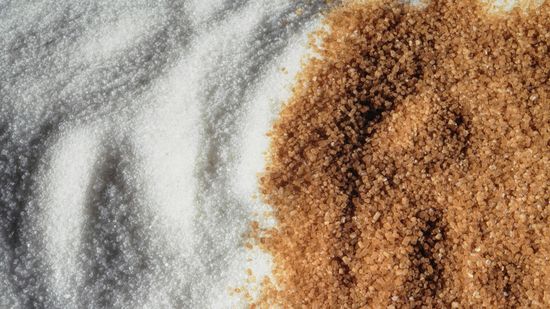
What's the Difference Between White Sugar and Brown Sugar?
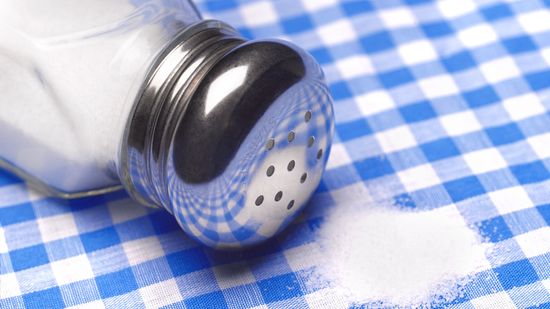
A Simple Salt Swap Could Save Thousands of Lives, Maybe Yours
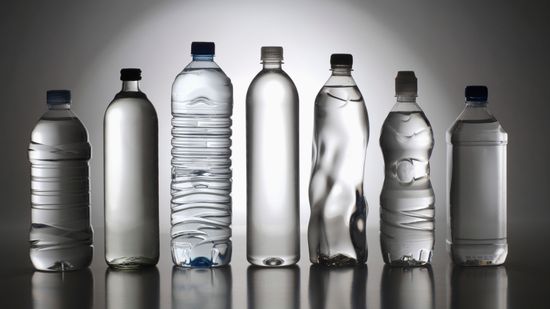
Healthiest Bottled Water: 12 Options Available in Stores

Do You Need Soap to Get Your Dishes Clean?
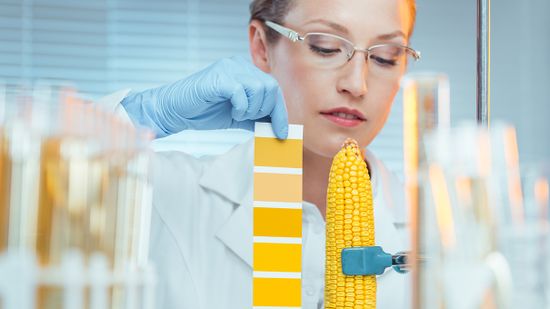
The FDA and America's Frightening Food System

U.S. Workers Get 1,292 Extra Calories per Week From Snacks at Work
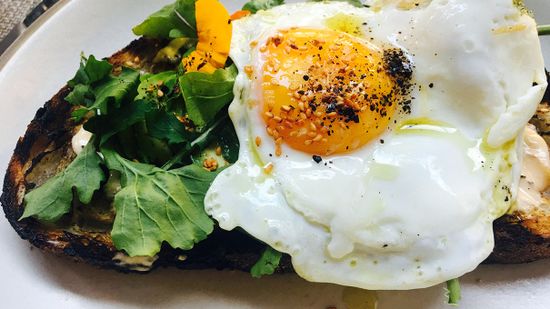
Why a Second Breakfast Can Be Good for Us
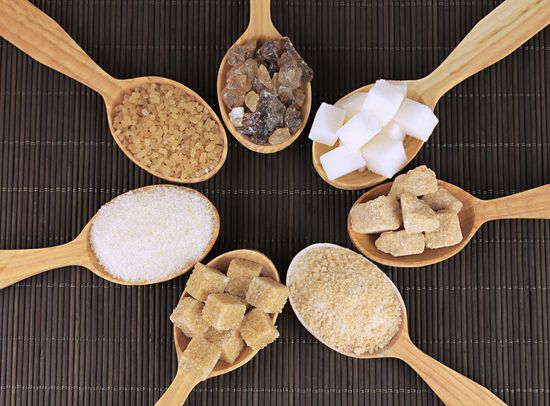
Is brown sugar healthier than white sugar?
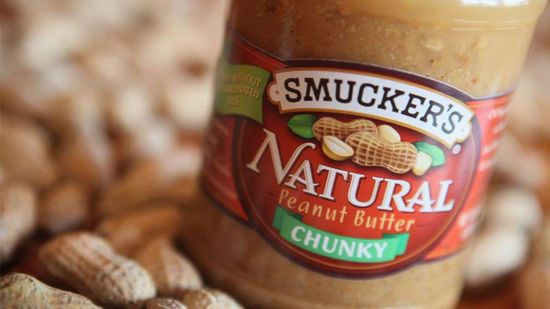
What Makes a Food 'Natural'?
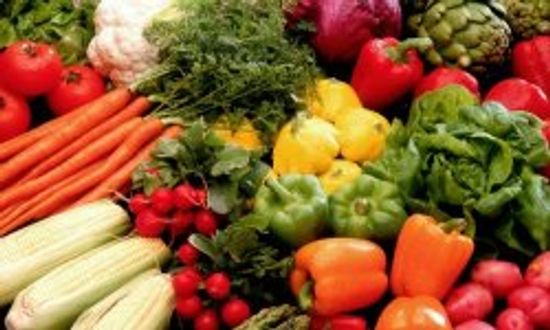
20 Healthiest Foods Pictures
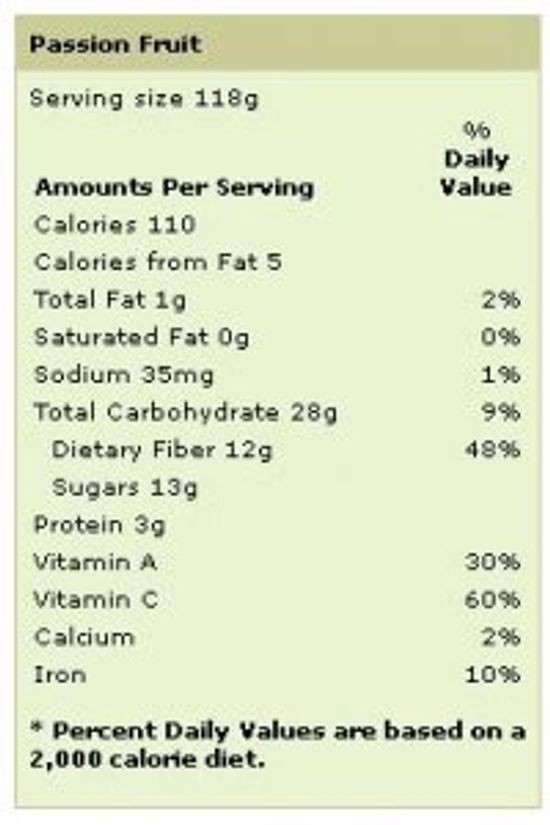
Passionfruit: Natural Food

10 Types of Magnesium Supplements You Should Know

Magnesium Glycinate vs. Citrate Vitamin Supplements
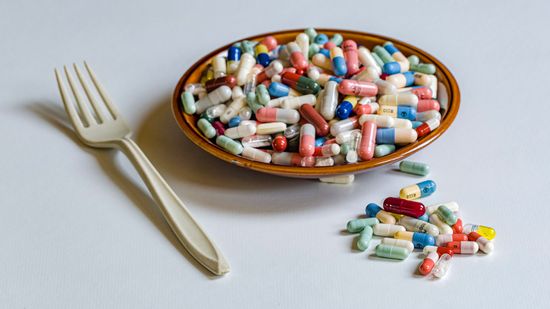
How Religion and Anti-regulatory Bias Birthed a $36 Billion Supplement Industry
Learn More / Page 7
If you've ever gotten seafood sickness, you may think shellfish should be eaten only when there's a "Z" in the month. But for those of us who love slurping down these slimy bivalves, does the month matter?
By Tom Scheve
Children often request that moms cut the bread crusts off their PB&J sandwiches. But maybe Mom should quit following those instructions. What's so healthy about bread crusts?
Wanna live a long and healthy life? You might as well knock back the booze and smoke 'em if you got 'em -- it turns out the key to longevity lies in the genes.
By Josh Clark
Advertisement
Herbs are a wonderful, natural solution for treating many common illnesses. Learn more about the power of rosemary and see how you can incorporate more of it into your diet.
Clementines are great for vitamin C. See how to select clementines and how to best use clementines in the kitchen.
Most of us think we can subsist on Chick-fil-A sandwiches and Krispy Kreme doughnuts as long as we pop a multivitamin each day. But vitamins can be more sinister than you think.
When it comes to medicinal drugs, the FDA's standards are pretty high: Only about 0.1 percent of the drug compounds tested in labs ever receive approval. So if herbs like ephedrine are causing psychosis and death, why doesn't the FDA eradicate them?
By Josh Clark
Advertisement
Beans and peas are high in fiber, low in fat and packed with lean protein. Exploding with vitamins and minerals, beans and peas are a natural way to slim down and stay healthy. Discover how you can add beans and peas to your diet.
Losing weight doesn't have to be a painful and grueling process. A simple 30-minute walk while enjoying the sunset can burn as much as 1500 calories each week. Read our list of 25 simple steps to a healthier you.
Botanicals have been receiving a lot of press lately, but they can be dangerous. Constant bombardment of information about herbs that promise health and youth can often times hide the harmful effects of an herb. Learn about the safety of botanicals for seniors.
By Liz Ward
Supplements for seniors can help to control hormones and even protect against cancer. The endless list of anti-aging supplements also aid in the lowering of cholesterol, which raises overall health. Learn about the pros and cons of supplements for seniors.
By Liz Ward
Advertisement
Nutrition for seniors can be confusing as some nutrients become more important and others may become harmful. As someone ages and eating habits change, their body's ability to absorb or retain nutrients changes. Learn how nutrition for seniors works.
By Densie Webb
Seniors need fewer calories, so making the right food choices is more critical than ever. Seniors may actually gain weight from attempting to get nutrients from their diet if the proper choices aren't made. Read this article to find out how to eat right as a senior.
By Densie Webb
It can seem like there are hundreds of diet plans to choose from. Fortunately, they boil down to just a few categories. Learn how to spot the one that's best for you.
There is some reason to believe that vitamins and minerals might help lower cholesterol, but at this point the evidence is mostly inconclusive. Learn about the results of various studies.
Advertisement
We all know that vitamins are essential part of a healthy diet, but how much do we really know about these fundamental building blocks of good health? Learn the answers to your vitamin questions.
By Alex Nechas
With Vitamin C so readily available in commonly fruits and vegetables, meeting the recommended daily allowance (RDA) isn't typically an issue. However, there can be dangers to not getting enough vitamin C. Learn about vitamin C deficiency.
If you pop a Vitamin C lozenge at the first sign of a cold, you could be doing more good than you know. While it's usually associated with the treatment of colds, Vitamin C has also been researched in connection with cancer prevention.
Vitamin C is easy to get in most fruits and vegetables, but how much is enough, and can there be too much of a good thing? Learn about where you can get the recommended daily allowance of vitamin C in your diet, and how much is considered safe.
Advertisement
Vitamin B5, or pantothenic acid, is part of coenzyme A, which helps release energy from carbohydrates, fats, and proteins. It also helps in production of red blood cells. Learn more about this essential nutrient.
Vitamin B2, or riboflavin, acts as a coenzyme, helping to metabolize carbohydrates, fats, and proteins in order to provide the body with energy. Find out more about this b-complex vitamin.
Vitamin B6 is used as a treatment for more than 100 health conditions, and it's found in virtually every food we eat. Learn more about this versatile and plentiful vitamin.
Biotin is not a well-known vitamin, but it's no less vital than the others. It plays a crucial role in metabolism, helping convert our food to energy. Increase your knowledge about this unheralded vitamin.
Advertisement
You use folate every day as your body builds new cells. But how much do you need, and how much is too much? Learn more about this crucial vitamin.
Ever wonder whether or not you're eating right? Balancing carb and protein intake, drinking enough water and finding out what supplements you may need are important elements to leading a healthy lifestyle. Learn how nutrition works.

